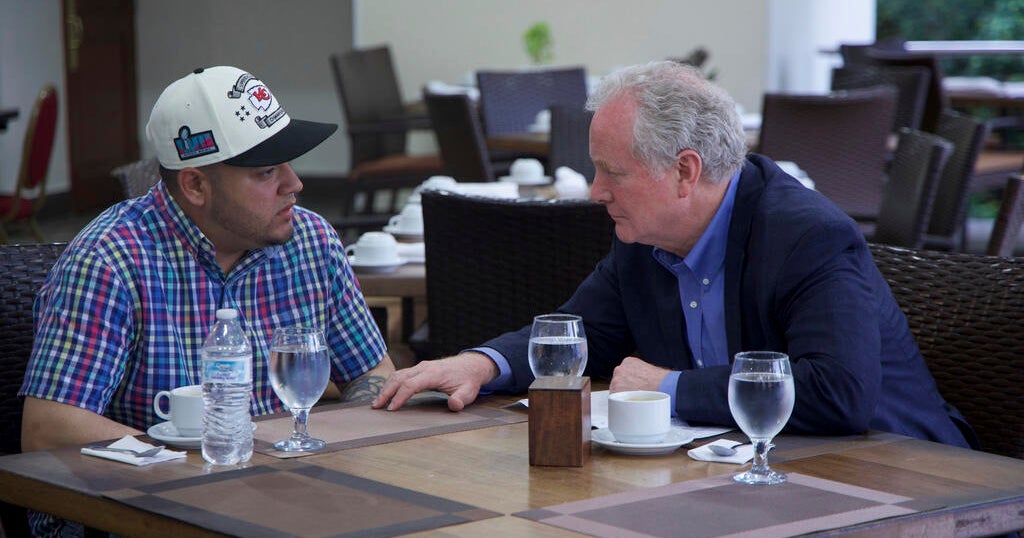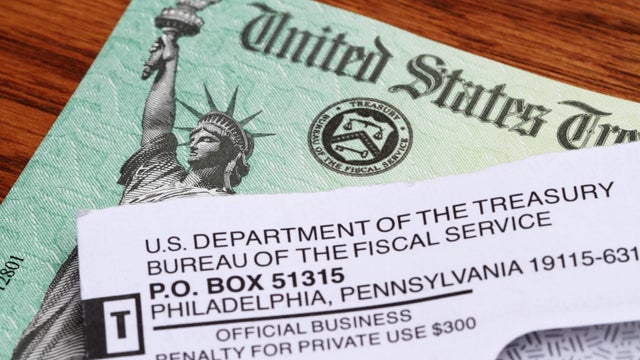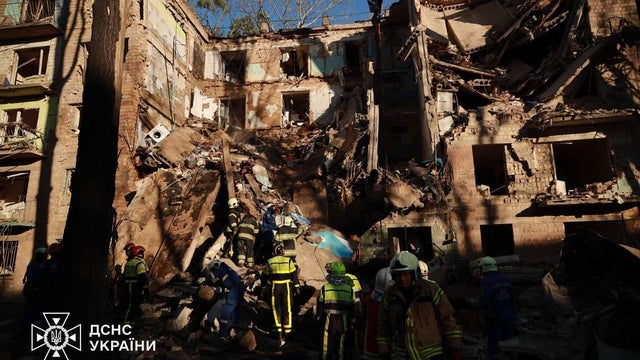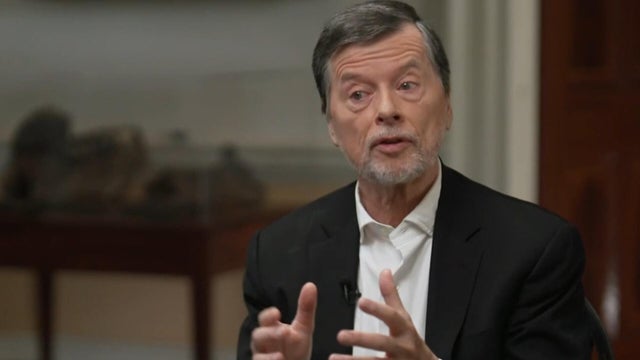

No response returned

The president of El Salvador is refuting — the man whose mistaken deportation by the Trump administration has fueled — in which he said he was beaten and subject to psychological torture while in prison in the Central American country.
President Nayib Bukele, in a post on the , wrote that Abrego Garcia "wasn't tortured, nor did he lose weight." He included pictures and video of Abrego Garcia in a detention cell at El Salvador's Terrorism Confinement Center, or CECOT, earlier this year.
"If he'd been tortured, sleep-deprived, and starved, why does he look so well in every picture?" Bukele wrote.
This week, Abrego Garcia in a new legal filing that he faced "psychological torture" and "severe beatings" after he was sent to the notorious supermax prison the Trump administration had mistakenly deported him to in March.
In the court documents filed Wednesday, Abrego Garcia said he was kicked and hit so often after his arrival that by the following day, he had visible bruises and lumps all over his body. He said he and 20 others were forced to kneel all night long and guards hit anyone who fell.
Abrego Garcia's lawyers have his more than three-week stint at CECOT as "torture."
In the new court documents, Abrego Garcia said detainees at CECOT "were confined to metal bunks with no mattresses in an overcrowded cell with no windows, bright lights that remained on 24 hours a day, and minimal access to sanitation."
After more than three weeks, Abrego Garcia alleged he was transferred to a different area and was "photographed with mattresses and better food" in what he believed to be staged images.
Abrego Garcia's description falls in line with accounts from other Salvadorans who were detained under , where the government has detained more than 1% of the Central American nation's population in its war on the country's gangs.
Hundreds of people have died in the prisons, according to human rights groups, which have also documented cases of torture and deteriorated conditions.
Abrego Garcia, a Salvadoran national, was living in Maryland when he was mistakenly deported and became a flashpoint in President Trump's immigration crackdown. He was flown back to the U.S. in early June — months after a Maryland judge ordered his return — and with human smuggling in Tennessee.
The new details of Abrego Garcia's incarceration in El Salvador were added to a lawsuit against the Trump administration that Abrego Garcia's wife filed in Maryland federal court after he was deported.
The Trump administration has asked a federal judge in Maryland to dismiss the lawsuit, arguing that it is now moot because the government returned him to the United States as ordered by the court.





